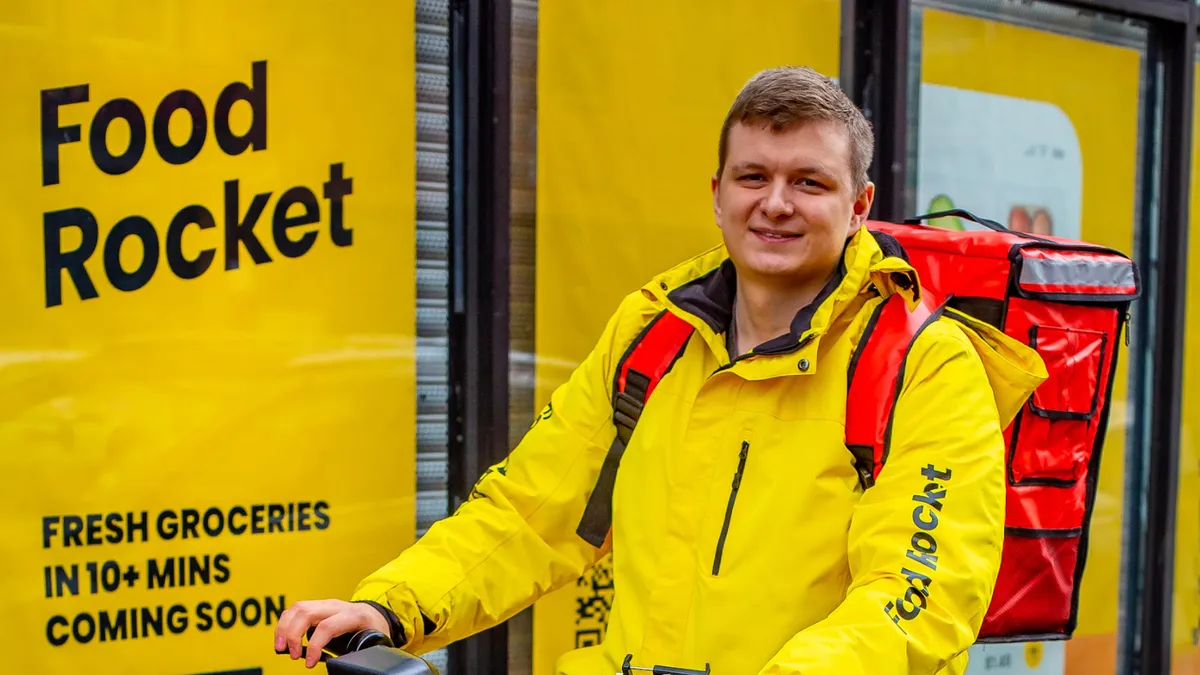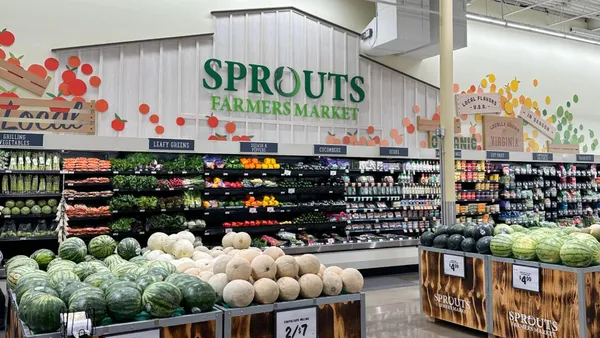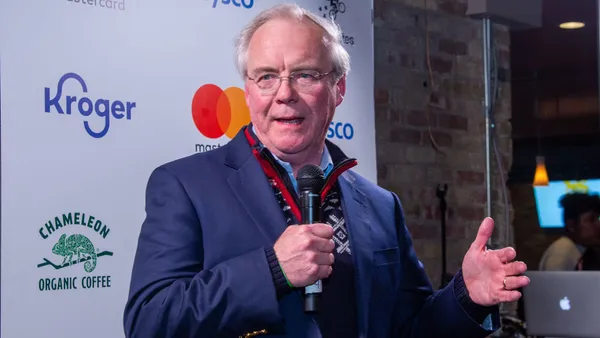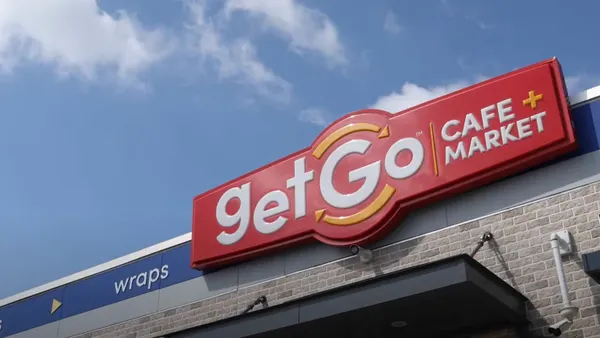Dive Brief:
- Food Rocket, a 15-minute grocery delivery firm, has raised $25 million in a Series A round led by Alimentation Couche-Tard, the Canadian company that owns Circle K, the company announced Tuesday in an emailed press release.
- Food Rocket said it plans to use the funding to grow its service in Chicago and other unidentified U.S. cities, enhance its team and bolster its proprietary technology. As part of the financing, Food Rocket is working with Circle K to expand its e-commerce and delivery channels.
- Food Rocket’s funding round comes at a time when quick convenience delivery is gaining traction in the U.S. even as startups have faced funding woes and stiff competition.
Dive Insight:
With the backing of Alimentation Couche-Tard, which runs more than 14,000 Circle K and Couche-Tard locations in 26 countries and territories, Food Rocket is looking to set itself up for growth as some quick grocery delivery services have buckled under funding pressures.
The Circle K partnership will provide Food Rocket with the ability to tap into the convenience chain’s shopper data and insights. Food Rocket said it plans to benefit from Circle K’s “size and scale,” along with its marketing knowledge, procurement network and supply chain efficiencies.
Since it launched in California in 2021, Food Rocket expanded its service to Chicago earlier this year. In the Windy City, Food Rocket is up against several competitors, including Getir, which debuted there last fall, and 30-minute delivery firm Gopuff along with brick-and-mortar chain Go Grocer, which recently launched its own speedy delivery service.
Looking to scale, Food Rocket said it plans to create more than 2,000 jobs in “new areas.” Vitaly Alexandrov, CEO and founder of Food Rocket, told TechCrunch the new funding will be used to open around 15 locations in Chicago, along with more in San Francisco, and help bring the company to new cities like Boston, Philadelphia and Los Angeles. Food Rocket is also working to roll out a dark kitchen concept with items like coffee, bagels and pizza for quick delivery, Alexandrov told the publication.
When Food Rocket announced its arrival in Chicago in February, the company set the ambitious goals for 2022 of launching 160 dark stores in Chicago and in other unspecified parts of the U.S. At that time, the company said it aims to open an office in the Windy City before the end of the year, which it reiterated in the financing announcement.
Alexandrov said in the press release that Food Rocket uses its artificial intelligence-based algorithm to understand how shoppers make purchases in order to boost customer retention. Its proprietary software can predict stock levels and employee workloads, the company said.
Food Rocket noted that in California, 60% of its customers order a second time with an average order value of $30.
The $25 million Series A follows a seed round of $2 million for Food Rocket last April, according to Crunchbase. Funding has helped fuel growth in the rapid delivery space, but it has also proven to be a downfall for cash-burning companies when their financing dries up.
Last month, Buyk and Fridge No More shuttered, with the former running after funds due to financing roadblocks stemming from the Russia-Ukraine conflict and the latter citing “growing competition and other industry related issues.”
Meanwhile, Getir, already a well-established overseas in Europe but a latecomer to the U.S. rapid delivery market, announced last month a $768 million in a Series E round, bringing its valuation to $11.8 billion.












